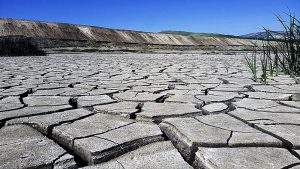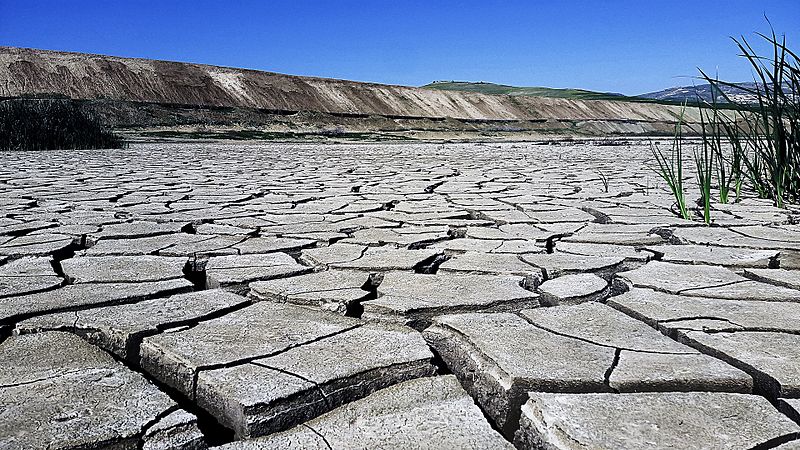Greenhouse gas concentrations in the atmosphere have reached a record high, new figures have shown.
According to the World Meteorological Organization’s (WMO) Gas Bulletin, average concentrations of carbon dioxide (CO2) in the atmosphere reached 407.8 parts per million in 2018, an increase on the 405.5 parts per million (ppm) recorded in 2017.
The increase in CO2 concentrations between 2017 and 2018 is similar to the one observed from 2016 to 2017, and slightly more than the average seen over the last decade.
In 2015, CO2 levels crossed the symbolic 400 parts per million barrier—the first time this has happened in several million years.
Due to its role as a heat-trapping greenhouse gas in the atmosphere, this continuing rise in CO2 concentrations has significant implications for the global climate, contributing to everything from rising temperatures to sea level rise and more extreme weather.

Carbon dioxide persists in the atmosphere for centuries, and remains in the ocean even longer. In addition to this, concentrations of other potent greenhouse gases—such as methane and nitrous oxide—have also been rising at faster rates over the past few decades.
All in all, this has contributed to a 43 percent increase in the warming effect on the climate of long-lived greenhouse gases since 1990. Carbon dioxide is responsible for around 80 percent of this warming effect, according to the National Oceanic and Atmospheric Administration.
“There is no sign of a slowdown, let alone a decline, in greenhouse gases concentration in the atmosphere despite all the commitments under the Paris Agreement on Climate Change,” WMO Secretary-General Petteri Taalas said in a statement. “We need to translate the commitments into action and increase the level of ambition for the sake of the future welfare of mankind.”
“It is worth recalling that the last time the Earth experienced a comparable concentration of CO2 was 3-5 million years ago. Back then, the temperature was 2-3 degrees Celsius warmer, sea level was 10-20 meters higher than now,” Taalas said.
Read more: Newsweek




